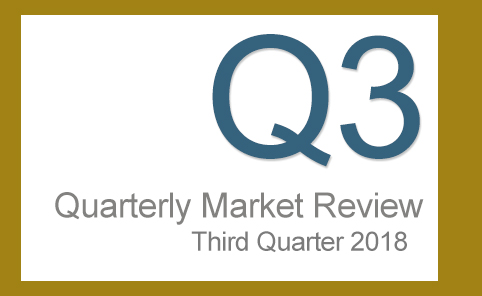Ongoing Planning provides you with confidence and reassurance that you are optimizing relevant planning opportunities and have a professional watching over your “stuff”. You get the benefit of having on-demand meetings or calls for urgent life planning matters as well as unlimited phone and email support.
3 Things: Time lapses, ‘buy & hold’, and are you average?
November 13, 2018
in Investing
Three incredible time lapses to watch on past and future trends
1. Trends & Time Lapses (A Wealth of Common Sense, Ben Carlson, 11/11/2018)
Forward-looking population distribution in the U.S.
How stock market valuations have changed by country since 2007
The change in the top 10 countries by GDP every year from 1960 to 2017
‘Buy and Hold’ (and Rebalance) is still your best bet – here’s why
2. Why You Should Stick With ‘Buy and...
 Secure Document Sharing
Secure Document Sharing









